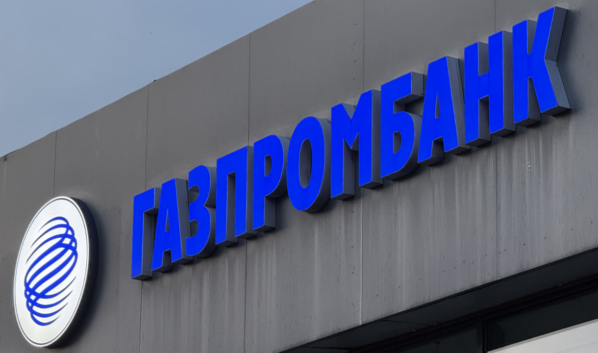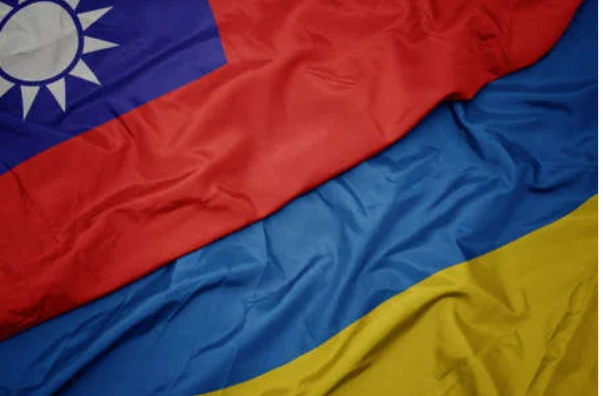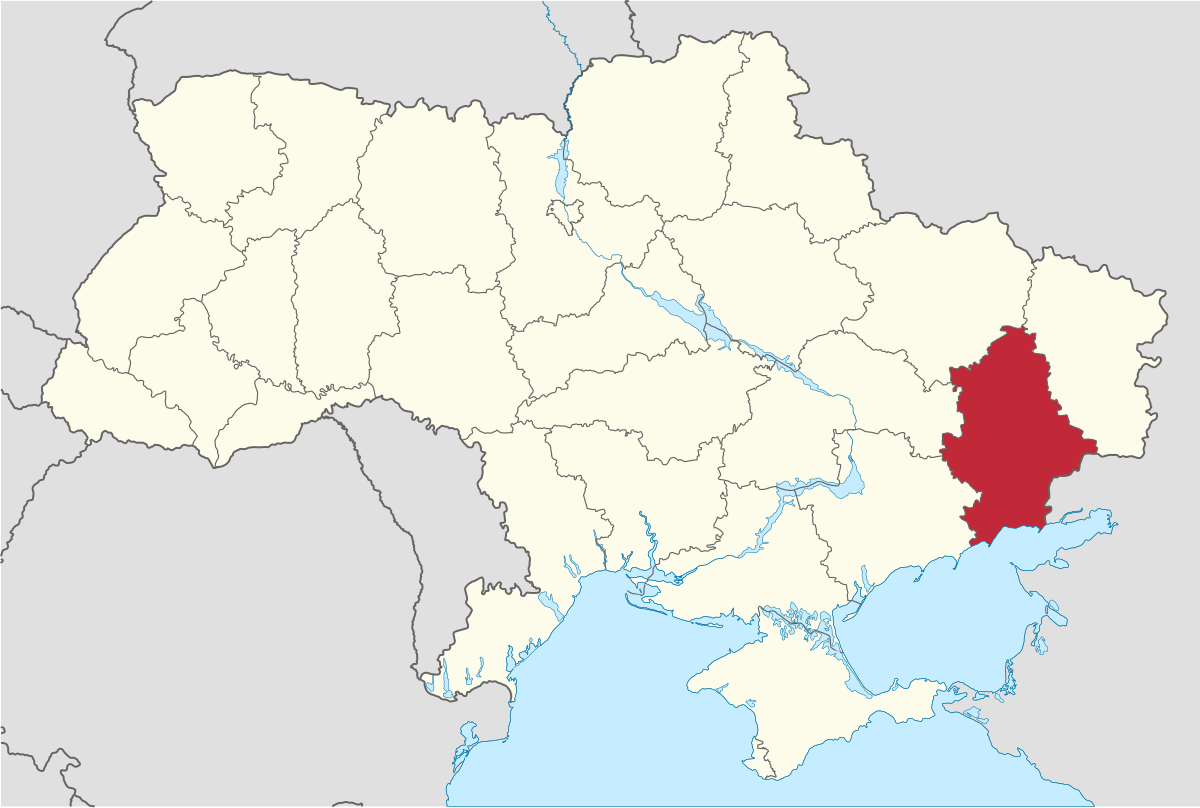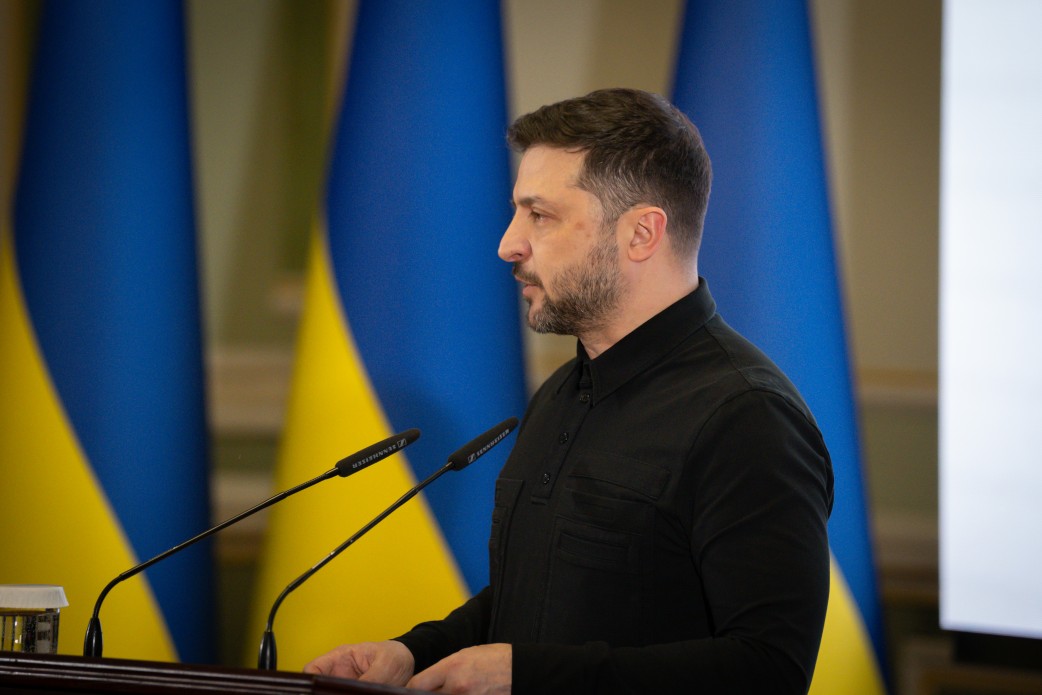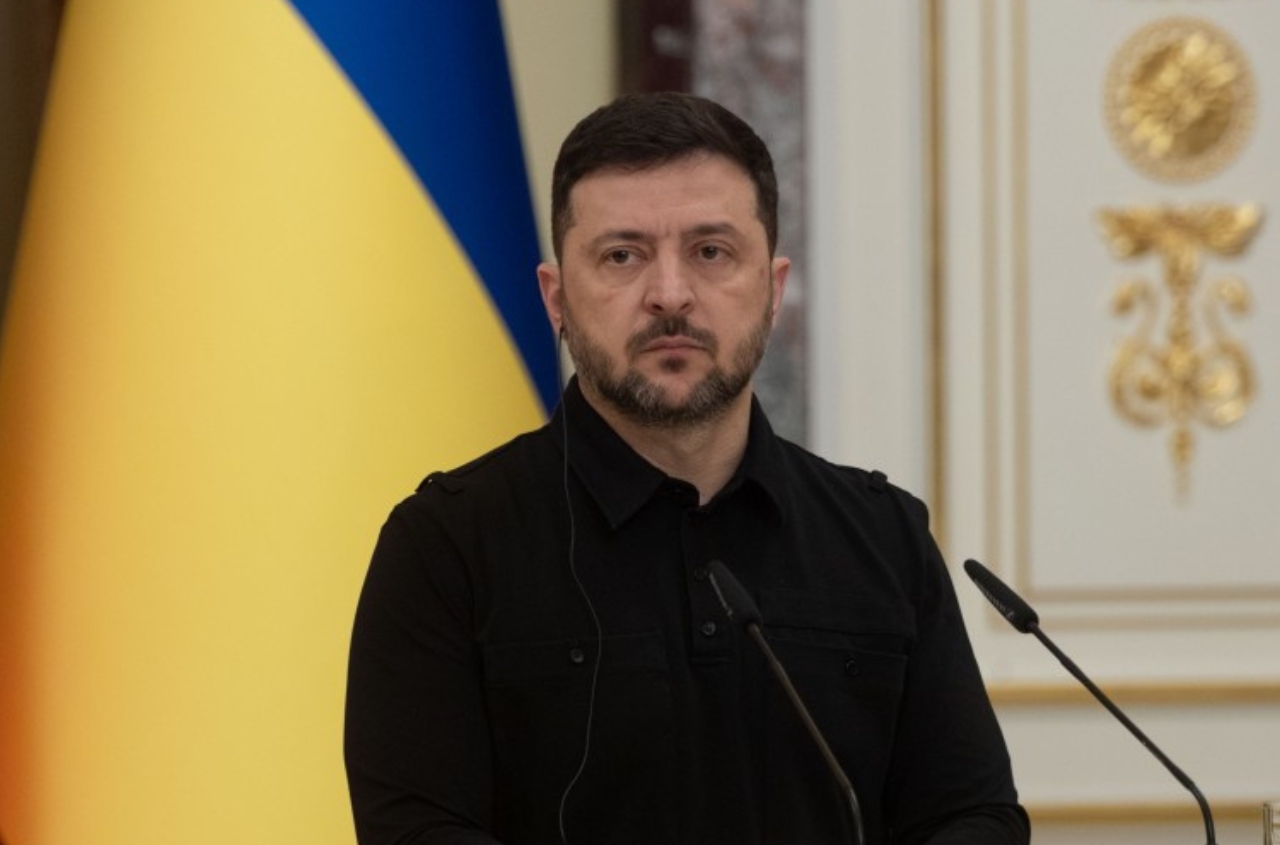The last of Russia's major state-owned banks, which still had access to the SWIFT system and the ability to settle in key global currencies, has been hit with new U.S. sanctions.
On Thursday, the U.S. Department of the Treasury added Gazprombank, the third-largest bank in Russia by assets and a key "hub" for gas payments with Europe, to its "blacklist."
From now on, U.S. banks are prohibited from engaging in any transactions with Gazprombank, as well as with six of its subsidiaries, including those in Africa, Hong Kong, Luxembourg, and Cyprus, according to a release from the U.S. Office of Foreign Assets Control (OFAC).
Gazprombank, 30% owned by Gazprom and 40% by its pension fund, had previously avoided strict Western sanctions. In the U.S., it was only prohibited from raising capital on the debt market, though its top managers and its subsidiary IT company were already under blocking sanctions.
In the European Union, Gazprombank also avoided blacklisting, with only the United Kingdom imposing blocking sanctions. However, the bank is actively involved in financing Russia's war against Ukraine, as noted in the OFAC release: it is engaged in military equipment purchases and payments to soldiers fighting in Ukraine.
The expansion of sanctions aims to "prevent Russia from abusing the global financial system" to fund its military machine, the department emphasizes. Along with Gazprombank, 50 other Russian banks, including DOM.RF and BCS Bank, and 15 financial officials, including two deputy heads of the Central Bank, Viktor Chistyukhin and Dmitry Tulin, were sanctioned.
Since the start of the invasion of Ukraine and subsequent Western sanctions, Gazprombank had remained one of the last "bridges" for financial connections between Russia and the West. The bank could have become one of the main operators for the giant reserves of currency that the Kremlin accumulated abroad after the assets of the Central Bank were frozen in the West. As of mid-2024, these "shadow reserves" reached $180 billion, according to Janis Kluge, a researcher at the German Institute for International Security. He believes these funds could be used to pay for critical imports or support the ruble if the situation in the Russian economy drastically worsens.
Robin Brooks, the chief economist at the Institute of International Finance (IIF), even referred to Gazprombank as the "new Central Bank of Russia." Unlike the Central Bank of Russia under Elvira Nabiullina, which has been removed as a player in the global financial system and can only conduct yuan-based operations, Gazprombank has accumulated tens of billions of euros and can manage the ruble's exchange rate. In addition to gas, the bank also served as one of the main settlement centers for the export of Russian gold.









